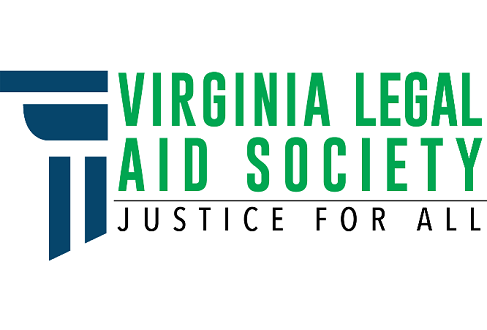Virginia Legal Aid Society: A Grand Vision
To celebrate our 40th anniversary in 2017, Virginia Legal Aid Society is telling 40 stories that reflect our history, our people and the cases and events that have made the past 40 years so memorable. These will be released over 40 weeks, finishing at our gala celebration on November 17 in Farmville at the Moton Museum.
In the mid-1970s, Congressional leaders pushed to make legal aid available in every county of the United States. A number of people supported the controversial idea of opening a federally supported law office to provide free legal advice and representation to low-income people in Central, Southside and Western Tidewater Virginia. It was controversial, in part, because Lynchburg already had a law office doing just that, without federal support. The office, Legal Aid Society of Greater Lynchburg, had only a single staff attorney and covered only Lynchburg and Campbell County. Still, “the local bar felt very threatened that an outside group would displace it with federal funding,” said David Levy, who would become the first Executive Director of the new organization formed by that outside group: Virginia Legal Aid Society, Inc. Independent legal aid offices, usually focused on one city and its immediate surroundings, had begun popping up in the 1960s in Virginia. Roanoke had one, and so did Charlottesville. Richmond had two. In 1969, the Lynchburg Bar Association chartered Legal Aid Society of Greater Lynchburg. The group eventually secured funding from the City of Lynchburg and Campbell County and opened an office at 927 Church St. in downtown Lynchburg in 1972, with an annual budget of $40,000. Congress was about to shake up this arrangement. In 1974, it created Legal Services Corporation (LSC), an organization with the funding and directive to set up federally supported legal aid societies across the country. The Virginia State Conference of the NAACP took notice. The group wanted to make legal aid services available not only to Greater Lynchburg but to the many counties and cities with much smaller populations along Virginia’s southern border and some adjacent areas. “We saw it as the vehicle through which we could have greater impact on the economic plight of so many people,” said James Ghee, a lawyer who grew up in Farmville, traveled to Europe and the Middle East and made his way back to Central Virginia, determined to introduce legal aid services to many the smaller towns that needed them. James drew up the incorporation papers for Virginia Legal Aid Society. “We were talking about having a legal aid program that started in Suffolk and ran all the way to West Virginia,” James said. That idea changed after he visited Southwest Virginia and decided their legal issues, much of which was related to coal mining, were drastically different from the rest of the region. The new plan stopped at Martinsville and Henry County but kept the statewide name. The NAACP group and Greater Lynchburg group submitted competing and very different grant requests to LSC. Greater Lynchburg proposed to expand its territory into Amherst and Appomattox counties and asked for $96,000. The State Conference of the NAACP asked for $529,151 to cover from Martinsville to Suffolk. LSC accepted the larger grant to create Virginia Legal Aid Society. The story didn’t end there, though. In Part 2, we’ll discuss the final effort of the Greater Lynchburg group to reverse LSC’s decision.


